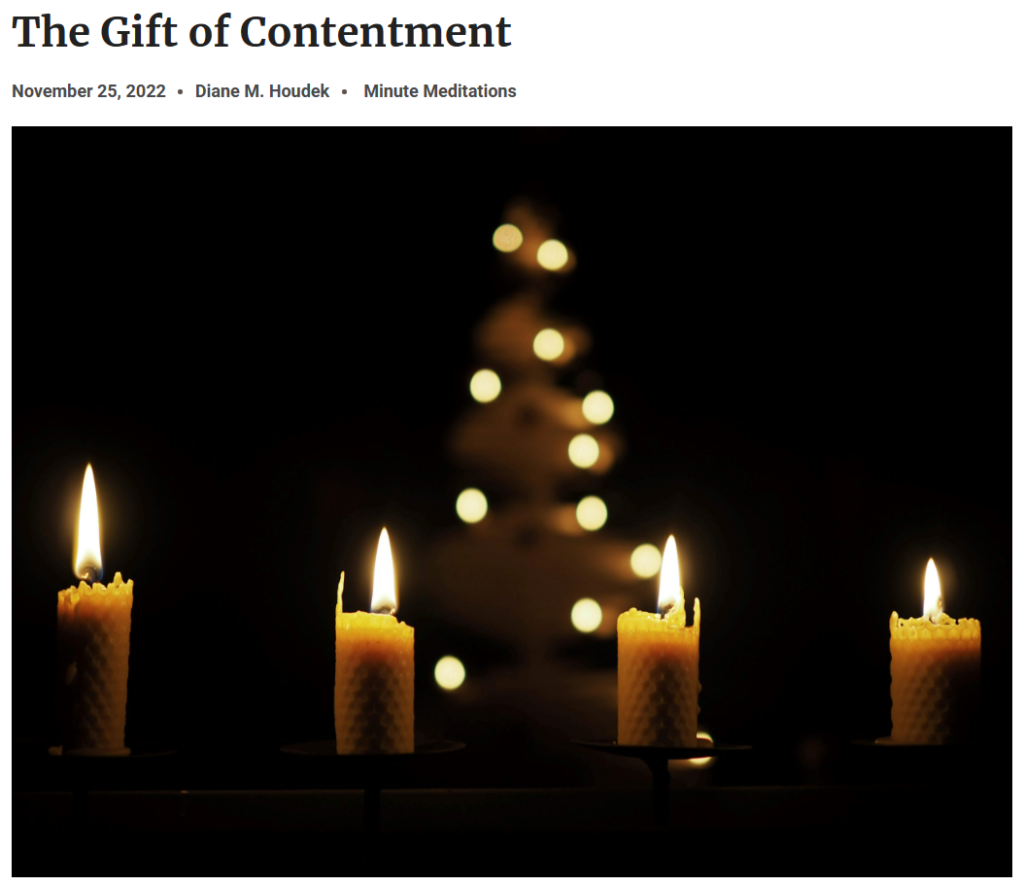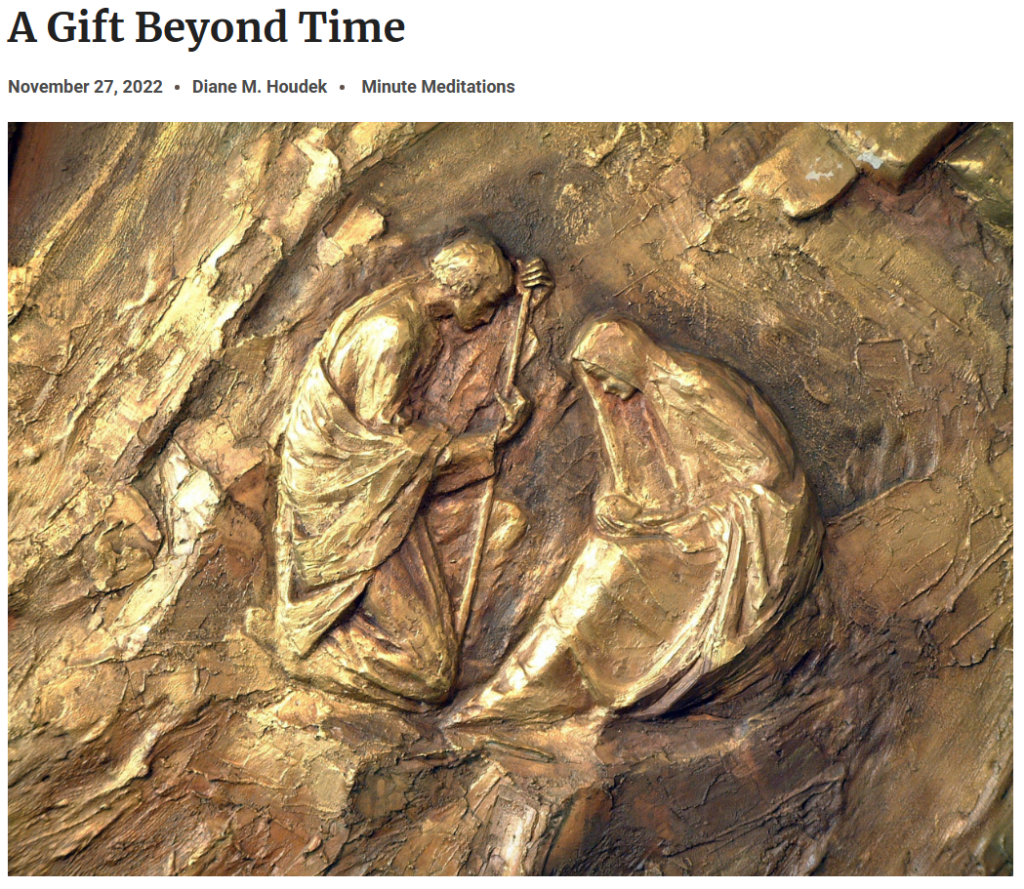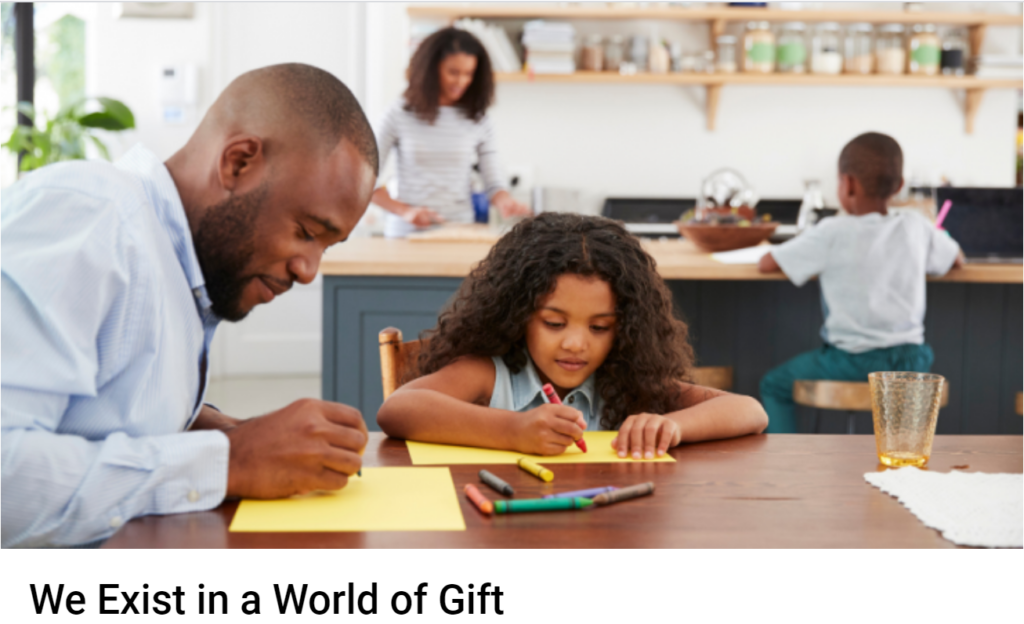
The gifts we give are ultimately about the receiver, not about the giver. How often when we’re giving gifts do we think about how the gift will reflect on us, our great taste, our generosity, our discretionary income? Much of this stems from insecurity, a fear that we’re somehow not enough in ourselves, that what we do and how much we make and the gifts we give bolster our sense of self. But the peril of this approach is that we’re bound to be disappointed by the receiver’s reaction, no matter how much they thank us. The Christmas holidays often surface doubts and insecurities that we ignore the rest of the year. It might be the stress of extra activities, more spending than we’re accustomed to, less sleep than we need, more food and drink than we should have. We see people we haven’t seen in several months, perhaps not since last Christmas, and we wonder what they think of us. Family gatherings can raise tensions as well. The wonder of the birth of Jesus is balanced by a darker reality: We are all broken and marginalized in some way. We are called to see the mercy and forgiveness that are such an essential part of the incarnation. The peace we can’t find in our daily life is waiting for us in the love of God, a love so clearly shown in the gift of Jesus.
Treat yourself to a little soul-searching. We usually know what fault we most need to work on in ourselves. Minor issues can often be dealt with through some reflection and journaling, being honest with ourselves, and making a commitment to work on our bad habits. More serious issues might need some counseling or therapy. That could be the best Christmas gift you could give yourself. Many churches have special reconciliation services during the Advent season; if you’re so inclined, you might want to attend one, with or without individual confession. A peaceful heart is one of the greatest gifts of Christmas.
—from the book The Peace of Christmas: Quiet Reflections from Pope Francis
by Diane M. Houdek
//Franciscan Media//








